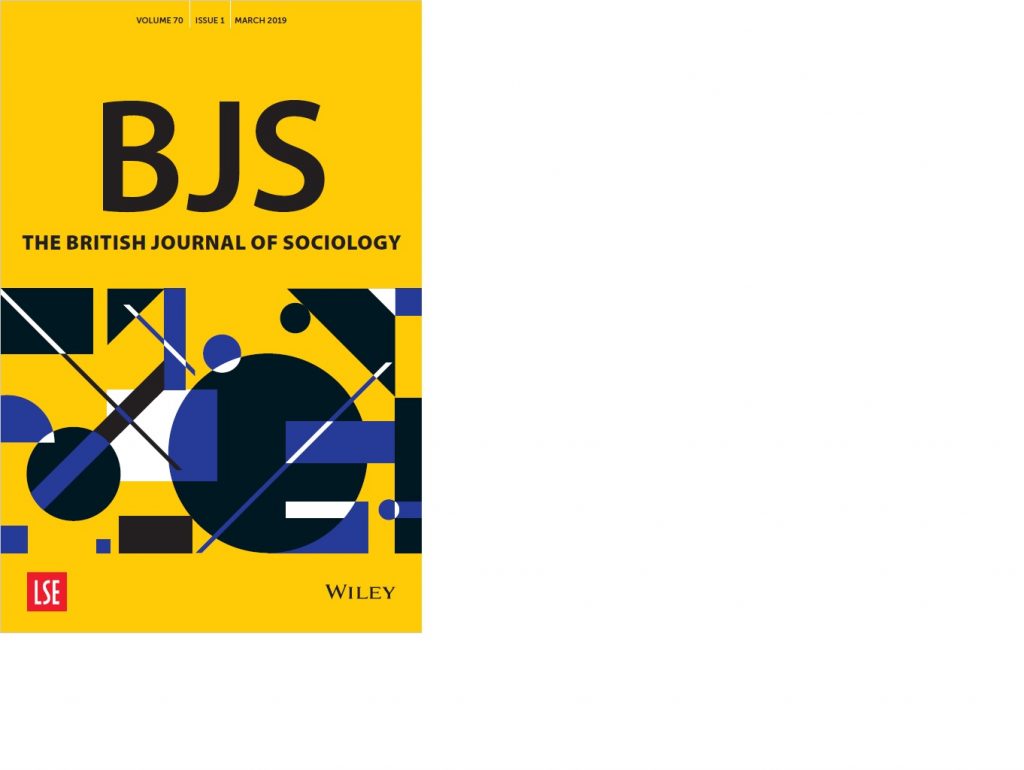Come as you are: The social experiences of sexual identity and mental health
On August 4, Federal Judge Vaughn R. Walker struck down California’s ban on same sex marriage ruling that the prohibition violated the right to equal protection as afforded by the United States Constitution. Judge Walker went to great lengths to lodge his ruling in an extensive review of the facts presented. Ultimately, he determined,
“Proposition 8 fails to advance any rational basis in singling out gay men and lesbians for denial of a marriage license. Indeed, the evidence shows Proposition 8 does nothing more than enshrine in the California Constitution the notion that opposite-sex couples are superior to same-sex couples. Because California has no interest in discriminating against gay men and lesbians, and because Proposition 8 prevents California from fulfilling its constitutional obligation to provide marriages on an equal basis, the court concludes that Proposition 8 is unconstitutional.”
Walker also noted, “Indeed, the evidence shows Proposition 8 does nothing more than enshrine in the California Constitution the notion that opposite-sex couples are superior to same-sex couples.”
Proposition 8 as well as the military policy of “Don’t ask don’t tell,” has kept the debate over the equal rights and protections of individuals who are gay or lesbian a contentious topic for political debate. The dialog generally centers around the acceptance or rejection of gays and lesbians within the U.S. legal system and society as a whole. However, very rarely during these debates is serious public attention given to the implications of these conversations the adolescence and young adults who are beginning to become sensitive to their own sexuality.
This spring, the fast food chain, McDonald’s aired an advertisement in France depicting a young gay man having lunch with his father in one of the chain’s franchises. As the boy contemplates his own self awareness with his father’s lack thereof, the tag line “venez comme vous êtes” or “come as you are” appears across the screen.
Ignoring for a moment the sentiment this message is intended to conjure toward chicken nuggets, it speaks directly toward the desires of adolescence and young adults. It says to them that in a society that can often be hostile, here is a place where you need not be anything but yourself. In creating this ad, McDonald’s clearly feels it can set itself apart in projecting this message. Should one conclude that acceptance in modern society is such a commodity that it can be used to sell french fries?
Existing literature has shown that sexual minorities are exposed to minority stressors such as physical violence and verbal harassment, anticipation of the negative responses of others, internalized homophobia, and concealment of sexuality resulting in fear, guilty and inauthenticy.
In the study, “Same-Sex Experience and Mental Health during the Transition between Adolescence and Young Adulthood,” published in The Sociological Quarterly, Koji Ueno examines how same-sex experience is associated with changes in mental health between adolescence and young adulthood. Ueno seeks to focus the dynamic aspects of mental health and human sexuality rather than viewing each as a static experience.
The author concludes that during the period between adolescence and young adulthood the overall level of depressive symptoms (internalized mental health indicators) declines while the frequencies of binge drinking and drug use (externalized mental health indicators) increases with some variation across demographics.
Additionally, the study showed that emerging same sex experience in young adulthood is associated with the worst mental health changes, which is consistent with the argument that major life events which threaten self-identity and signal entry into a stigmatized status undermine mental health. Ueno explains that, previous cross-sectional studies attributed the disparity to ongoing stressors symptomatic of daily life in a hostile environment were however, this study demonstrates that the period of self-discovery and the anxieties associated with it play an important role.
While the debate rages on in the United States and small steps are made toward a more inclusive environment it seems important to remember that while discourse is imperative, the way it is conducted can be just as important as its conclusion. Every sentiment that is entered into the public sphere can have a lasting affect on the mental and emotional development of the adolescent members of our larger community.
![]() Read the story in the Washington Post
Read the story in the Washington Post
![]() Read “Same-Sex Experience and Mental Health during the Transition between Adolescence and Young Adulthood,” by Koji Ueno in The Sociological Quarterly online
Read “Same-Sex Experience and Mental Health during the Transition between Adolescence and Young Adulthood,” by Koji Ueno in The Sociological Quarterly online




Re: “It says to them that in a society that can often be hostile, here is a place where you need not be anything but yourself. In creating this ad, McDonald’s clearly feels it can set itself apart in projecting this message.”
Although you are absolutely correct in their marketing intentions, I think this an underdeveloped conclusion of the reality. In a debate like the one addressed in the blog post, the only relevant social function of corporations such as McDonald’s is alienation and atomization of their consumers. As a food service company, they take people out of local food systems and culture. Although not directly impacting sexuality, the intense and complex relationships that are sacrificed by this “fast food” culture offer nothing to those experiencing any sort of identity or social violence issues. In fact, this reduction of food relationships to consumers and commodities takes us away from more intimate identification with those who are involved in a healthy food system – farmers, chefs, small restaurant proprietors. We are left to interact with self-perpetuating stereotypes like the “gay waiter” while the reality is that there are (or would be) probably be just as many “gay farmers” under more participatory and equitable economic structures.
There is also the problem that McDonald’s doublespeak of “come as you are” is an underhanded way of saying “we’ll serve anyone here, even handsome closeted homosexuals”. I’m sure this advertising series won’t include anything about homeless or other stigmatized individuals coming ‘as they are’ because they not so openly welcome depending on different reasons. Someone who sees the gay commercial can pretend that McDonald’s is an enlightened, non-discriminating safe space where they might feel good about their choice to be like everyone else who is left to dine there. The only progress here perhaps is that alternative sexualities are not left to the primary gay “safe” spaces typically involving alcohol – homosexual Alcoholics Anonymous nights, gay bars/clubs – that offer a place to be open while not being publicly “out”.
Therefore a more honest ad from McDonald’s might be…
“Feeling sexually unique in a capitalist world but hate the self-destructive scene gays are typically relegated to? Now you can enjoy closeted sexuality and have an escape from the deliberate effect alcoholism has taken on your social culture by openly seeking out a future of diabetes and obesity. Don’t worry, we won’t tell your parents! Just come as your are as long as your bring your wallet.”
While McDonald’s does need to alienate its consumers–most overtly from whole food–as Chris notes, they also need to appeal to an audience that is as broad as possible both globally and locally.
This is definitely an interesting angle that McDonald’s chose to take in France, a country where McDonald’s is particularly contentious for the reasons Chris mentioned. I wonder how French adolescents responded to this advertisement? Thanks for bringing some interesting media to the blog!
Keri